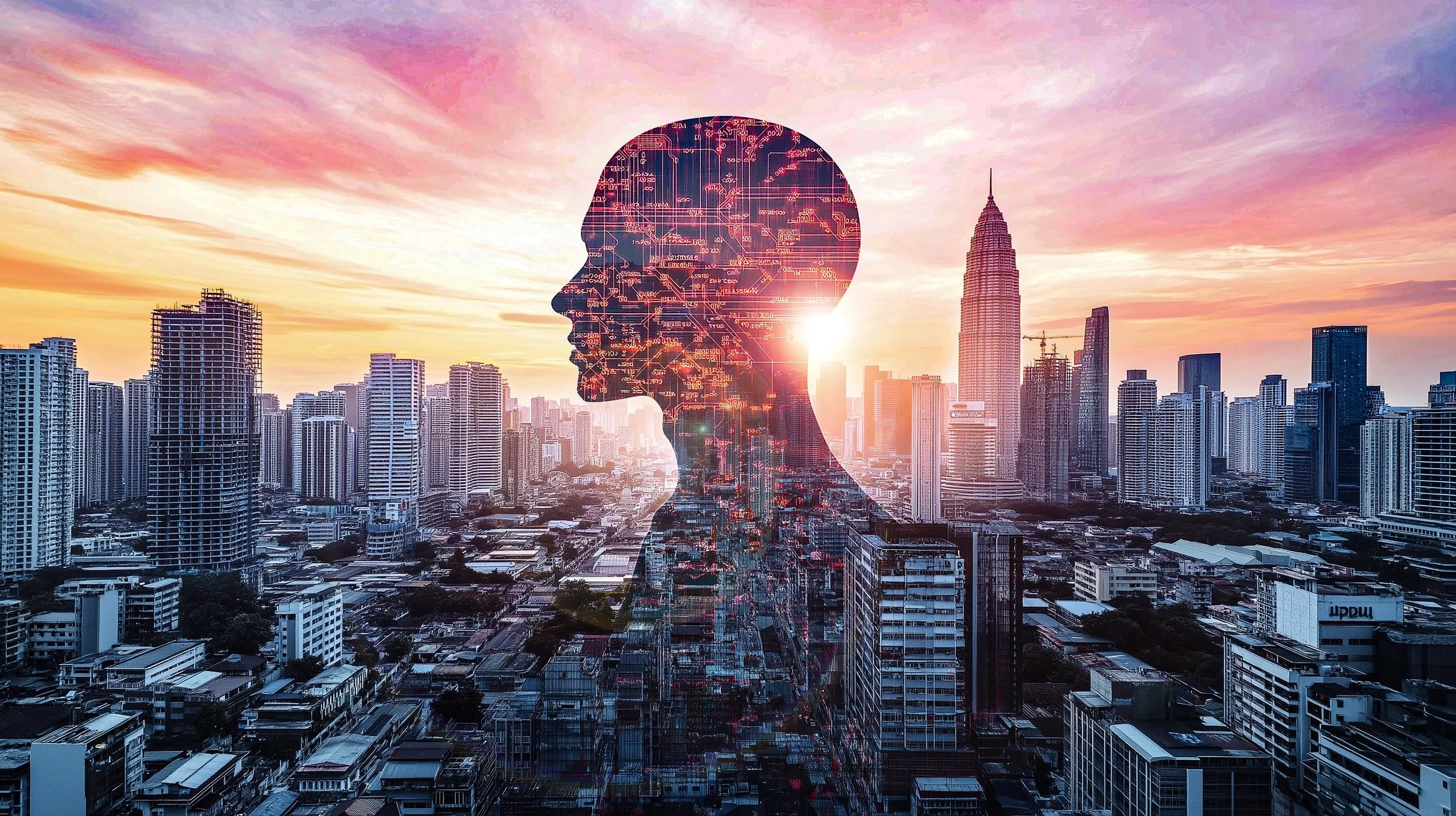AI Will Cost Jobs!
Sam Altman, CEO of OpenAI, recently made a striking admission about the future of work: AI will cost jobs. While he remains optimistic that “better jobs” will emerge, his acknowledgment of job losses highlights the profound changes ahead. Altman compares this shift to past technological revolutions, where the nature of work transformed entirely. Just as subsistence farmers or lamplighters would view today’s jobs as trivial, future generations may see many of our roles as outdated. But this time, AI isn’t just another tool—it’s poised to outperform humans in countless domains, raising fundamental questions about the value of human labor.
Not everyone shares Altman’s optimism. Geoffrey Hinton, often called the "Godfather of AI," warns that while AI will boost productivity, it will likely deepen inequality. Wealth generated by AI could concentrate in the hands of the already affluent, leaving displaced workers behind. Hinton supports universal basic income (UBI) as a partial solution, but he argues that financial support alone won’t replace the sense of purpose people derive from work. This challenge of maintaining dignity and identity in a post-AI economy is one society has yet to address.
The concerns don’t stop there. A resurfaced comment from the CEO of Cartier highlights how fears of social unrest due to automation have even reached the world’s wealthiest. He described sleepless nights over the potential for rising inequality to destabilize society. His words reflect the precarious balance of our current economic system and how automation could push it further out of alignment. The erosion of the middle class and widening gaps between rich and poor aren’t just abstract problems—they have tangible social and political consequences.
Bill Gates offers another perspective, describing AI as the first technology with no limits. Unlike past innovations like tractors or smartphones, AI’s potential is boundless. It can revolutionize fields like healthcare and education while simultaneously displacing both blue-collar and white-collar jobs. Gates warns against assuming governments will adapt quickly enough to address these disruptions. While rapid policy responses, like pandemic stimulus checks, show what’s possible, systemic solutions such as tax reform or new social programs will require greater foresight and collaboration.
Even creative industries face disruption. Former OpenAI CTO Mira Murati recently acknowledged that some creative jobs may not survive the rise of AI, questioning whether some roles should have existed in the first place. This stark perspective underscores a broader concern: as AI becomes capable of generating art, music, and literature, what remains uniquely human? Altman suggests that AI could free us to focus on tasks machines can’t replicate, but defining these “special human things” remains elusive.
The rise of AI challenges us to rethink the meaning of work. History shows that technological progress often disrupts labor markets while creating new opportunities. The question now is whether these opportunities will be accessible, fulfilling, and equitable. Addressing this requires bold thinking and a commitment to placing human well-being at the center of these changes. As AI reshapes the world, it’s clear we must act quickly and thoughtfully to navigate this transformation.
